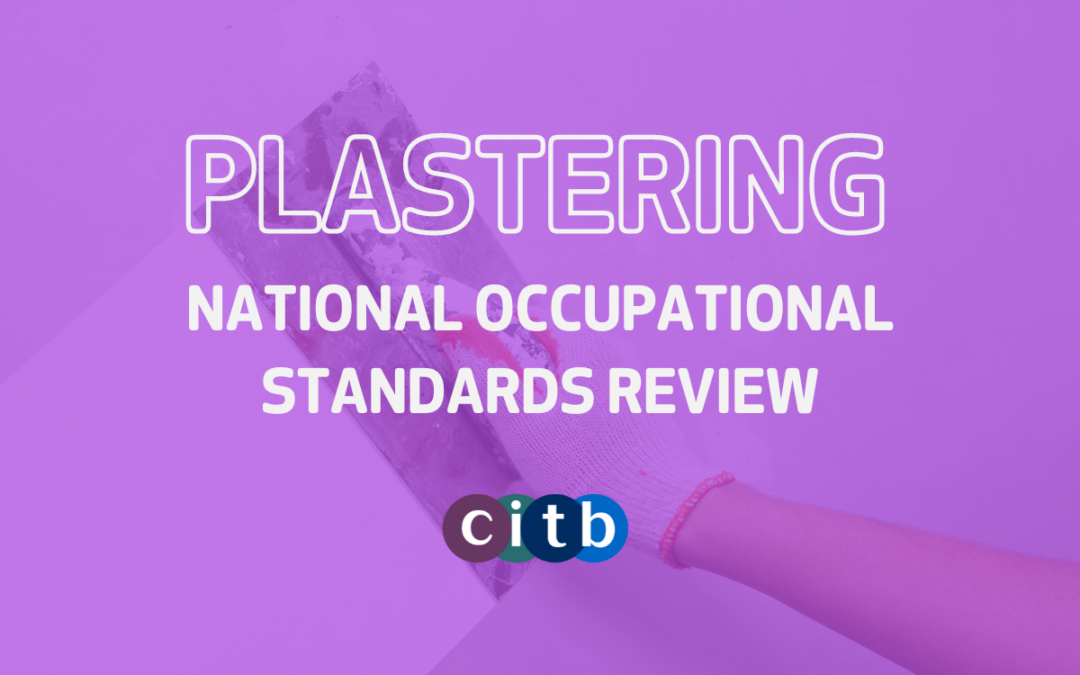FIS CEO, Iain McIlwee was a guest at the Government’s Business Connect Conference this week where The Prime Minister announced a reform package to support small businesses.
Key announcements include:
- From 1 April, the Government will fully fund apprenticeships in small businesses by paying the full cost of training for anyone up to the age of 21.
- The amount of Apprenticeship Levy funds that employers can transfer to other businesses will be increased from 25% to 50%.
- The Government will increase the thresholds which determine whether a company qualifies as a small or medium‐sized company by 50% and remove a number of reporting requirements.
- New taskforce to be established to boost private investment in women-led businesses and make the UK the best place in the world to be a female founder.
Prime Minister Rishi Sunak said:
“Whether it’s breaking down barriers and red tape for small businesses, helping businesses hire more young people into apprenticeships and skilled jobs or empowering women to start up their own businesses – this government is sticking to the plan and leaving no stone unturned to make the UK the best place to do business. Taken together, these measures will unlock a tidal wave of opportunity and make a real difference to businesses and entrepreneurs across the country.”
Education Secretary, Gillian Keegan said:
“This Government has built a world-leading apprenticeship system from the ground-up – with apprenticeships now available in around 70 per cent of all occupations. Apprenticeships are a fantastic way for businesses to develop the skills they need, and these new measures will help more businesses and young people benefit from them. Our plan to deliver a high-growth, high-skilled economy is working, with more opportunities available to young people than ever before.”
Secretary of State for Business and Trade Kemi Badenoch said:
“Almost every job in the UK is owed to what is, or what previously was, an SME. They are the engines of economic growth for this country.. Whether it’s through cutting red tape, unlocking investment or lowering business costs, today’s announcements show that this government is committed to doing all it can to turbo-charge SMEs so that they can go further and faster than ever before.”
FIS CEO, Iain McIlwee responded:
“There were some positives to take away from Monday, but I am not convinced that the new apprenticeship fund is a game changer. It does, however, simplify the funding mechanism for apprenticeships – that is a good thing. The focus on women in business is important, but the discussion on finance was sadly quite remote for construction and I am not convinced will bring us anything tangible.
My underlying concern is that we are in election season now, we are getting sweeties and headline grabbing policies when we need vision and a clear plan. We have a failing housing strategy, we have dwindling numbers of trade apprenticeships and finance for construction is in short supply.
Construction is a key enabler and fundamental driver for economic growth. This was a good opportunity to raise questions and encouraging attempt by Government to engage with business discuss SME support, but came up a bit short for me. We need a clear long-term economic strategy that we can buy into and plan around. We also desperately need procurement reform to support SMEs in construction and free up investment”.
FIS CEO Iain McIlwee’s comments at the conference were covered in this Financial Times Article
See the FIS Manifesto for Construction Here






